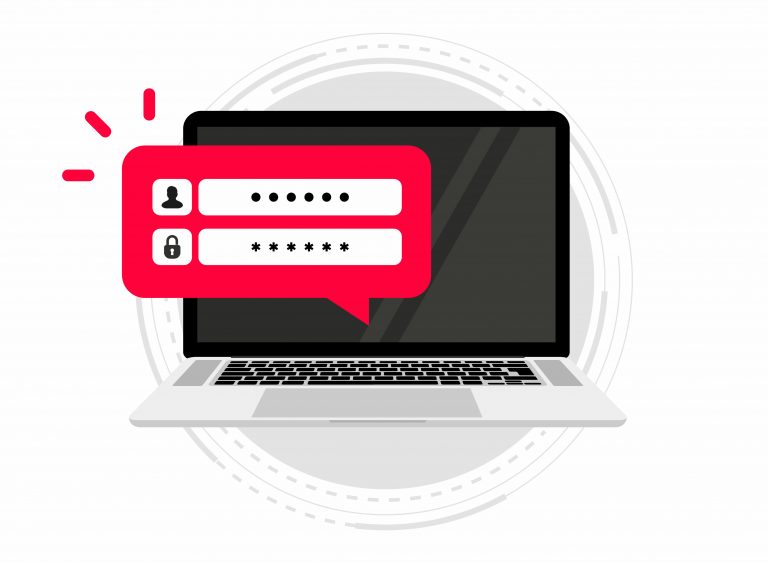Securing Your Health Data: Privacy Measures in Telemedicine
January 25, 2024Telemedicine has become an increasingly popular option for accessing healthcare services, allowing patients to consult with healthcare providers remotely. What…

As our lives become increasingly digital, our online presence has become a crucial aspect of our identity. However, this also opens us up to potential privacy and security concerns.
Online blocking, also known as digital blocking, is the act of limiting access to your online content or profile for specific individuals. This can be achieved through adjusting privacy settings on social media platforms or sites or utilizing specialized tools to block unwanted online searches.
Have you ever wondered why some people choose to block others from searching for public information online?
To mitigate the risk of harassment or bullying online, it’s essential to adjust your privacy settings on social media platforms, limiting unwanted interactions. If you encounter abusive behavior, promptly report it to platform administrators for appropriate action. Seek support from trusted individuals, friends, or professionals to address the issue effectively.
Notably, in 2019, a social media campaign against cyberbullying led to improved platform policies and greater awareness of the problem. Remember that safeguarding your privacy online is vital to ward off unwanted attention, whether from government surveillance or intrusive individuals or websites.
Protecting your personal information online requires a proactive approach. Begin by reviewing and adjusting privacy settings on social media platforms to control who can access your details.
Avoid sharing sensitive information like phone numbers or home addresses in public online spaces. Employ secure and unique passwords for your accounts to prevent unauthorized access. Regularly update security software and applications to shield personal data from cyber threats.
Consider using virtual private networks (VPNs) to encrypt your internet connections and safeguard your information. It’s as if we could block unwanted attention as easily in real life as we can online.
In the digital realm, avoiding unwanted attention demands caution and vigilance. Be mindful of the information you share online, including personal details, location, and daily activities. Keep a close eye on your privacy settings on social media platforms, ensuring you control who can view your posts and profile. Refrain from engaging with individuals who make you uncomfortable.
If necessary, utilize the blocking feature on social media, messaging apps, and search engines to limit unwanted interactions.
From social media to messaging apps and search engines, the various methods to block someone online vary in effectiveness and sometimes even pettiness.
In today’s digital age, it is important to have control over your online presence and who has access to your information. One way to achieve this is by blocking people from searching for you online. However, there are various methods to do so, depending on where you want to prevent people from finding you.
Blocking someone on social media is a straightforward process. First, access the platform’s privacy or settings section. Within this section, you’ll typically find the ‘Blocking’ or ‘Privacy’ option. Enter the name or profile of the person you wish to block and then confirm the action. This approach is far more convenient than resorting to phone-throwing in moments of frustration.
Blocking someone on messaging apps is also a user-friendly procedure. Begin by opening the messaging app on your device. Locate the chat of the person you want to block, tap to open it, and find the option for blocking the user. Click on this option to block the individual.
In 2014, WhatsApp introduced the option to block contacts on their messaging app, granting users greater control over their privacy and interactions.
Managing your online presence by blocking information from search engine results is essential. Utilize the blocking or privacy settings provided by search engines to restrict your profile’s visibility in search results. Regularly review and update these privacy settings to align them with your preferences.
In cases where sensitive information related to blocking on search engines appears in search results, consider seeking professional assistance to have it removed from Google search. When in doubt, opting to block unwanted individuals from your online world and allowing search engines to handle the rest is a prudent choice.
Have you ever wondered if someone has blocked you online? It can be frustrating not knowing for sure.
If you’re unable to locate someone’s profile or posts on a social media platform, start by checking the platform’s search results to confirm if their profile or post is still visible.
You can also directly visit their profile using the known URL to ensure access to their posts. If needed, reach out to a mutual connection to see if they can access the person’s profile and posts.
When your messages are not delivered or seen in messaging apps like WhatsApp, check the status indicators: a single tick means the message is sent, double ticks indicate delivery and blue ticks show the message has been read. Utilize features that display when someone is online or their last activity to gauge message status.
If the issue persists, consider alternative communication methods like a phone call or in-person conversation.
If someone’s name is absent from search results, verify if they’ve changed their username or privacy settings. Trying a different search engine can also help confirm the absence of their name in results. Additionally, consider the possibility that the person has restricted their online presence or maintains a limited digital footprint.
When faced with missing search results, account for potential privacy settings or reduced online activity, and consider reaching out to contact the individual for clarification. Blocking someone online may offer protection, but it also means missing out on their posts and comments.
Blocking someone online can entail several potential risks, such as escalating conflicts, hindering communication, and preventing an understanding of the other person’s perspective. Additionally, it can result in missed chances for reconciliation and closure.
To mitigate these risks, it is advisable to establish clear boundaries and communication guidelines before resorting to blocking someone, as this can help maintain a healthier online environment and foster more constructive interactions.

Telemedicine has become an increasingly popular option for accessing healthcare services, allowing patients to consult with healthcare providers remotely. What…

In a world where cyber threats are becoming increasingly sophisticated, the importance of having strong passwords cannot be overstated. But…

Are you looking for a new job while still employed? Discreet job searching online is the key to keeping your…